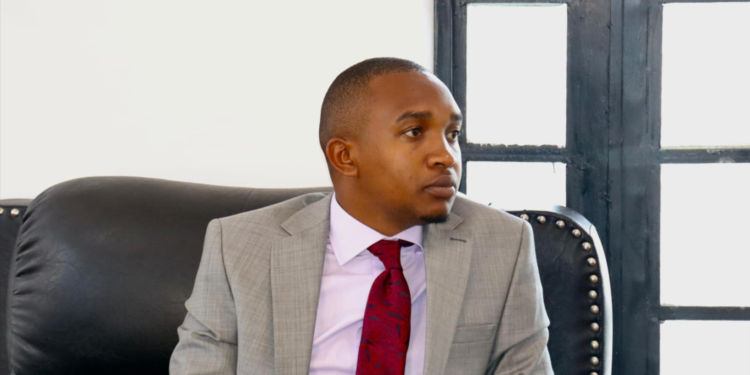The High Court has issued conservatory orders preventing state agencies from interfering with the activities of a local activist accused of creating a disturbance, pending the outcome of a petition challenging the constitutionality of the charge.
Justice Bahati Mwamuye of the Milimani Law Courts barred the police and other state entities from arresting or prosecuting Morara David Kebaso, who is facing criminal charges for his involvement in monitoring government projects.
The orders were issued following a petition filed by the Law Society of Kenya (LSK), which disputes the legality of Section 95(1)(b) of the Penal Code, a provision criminalizing disturbance likely to cause a breach of peace. LSK argues that the provision is a remnant of colonial-era laws, and that its continued enforcement infringes on freedom of expression as enshrined in the Kenyan Constitution.
The case arises from an incident at the Bomas of Kenya earlier this month, where Morara, a vocal government critic, was arrested for allegedly causing a disturbance. LSK has termed the charge unconstitutional, arguing it is overly broad and vague, making it susceptible to abuse by authorities to suppress dissent. In the petition, LSK contends that the provision violates Article 33(1) of the Constitution, which guarantees the right to freedom of expression, as well as Article 50(2)(n), which ensures that laws must be clear and precise.
In granting the interim orders, Justice Mwamuye noted that the petitioner had raised serious concerns about potential violations of constitutional rights. He observed, “The Petitioner has placed before this Court grave allegations of potential past, present, and future infringements of the constitutional rights of the Interested Party and other persons.”
However, the judge stopped short of issuing a blanket order to halt the enforcement of Section 95(1)(b) against all citizens, limiting the scope of the ruling to Morara for now. The conservatory orders prevent the state from interfering with Morara’s activities, particularly those related to monitoring government conduct, programs, and projects, until the matter is fully heard.
LSK Chief Executive Officer Florence Muturi, in a supporting affidavit, expressed concern that the law could be weaponized against critics of the government. “The Petitioner verily believes that the charge under Section 95(1)(b) is unconstitutional and can be used by the government to silence dissent or alternative voices,” she stated.
The court directed that the state must cease all legal actions against Morara related to the Bomas of Kenya incident without seeking further leave from the court. In addition, it ordered the Law Society to serve the petition and court orders to the State Law Office, the Inspector General of Police, and the other respondents by 23 October 2024, with responses expected by 8 November 2024. The next hearing is set for 20 November 2024.
















